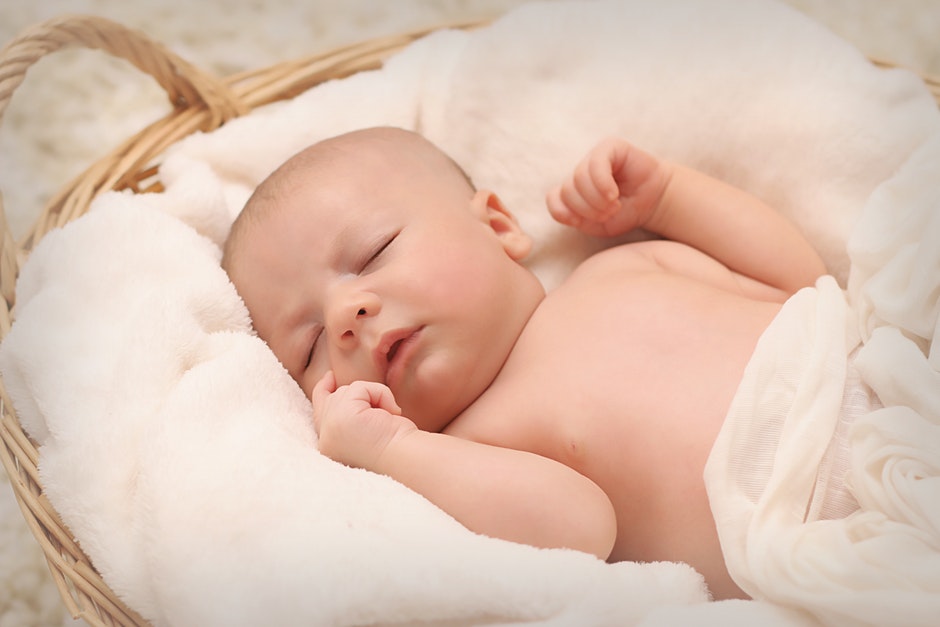In 2012, a couple found themselves with 18 excess embryos and decided to find a way to offer them to other infertile couples. They ended up advertising the babies for donation on Craigslist, and found two couples willing to take 9 embryos each. The donor couple hoped to be at least somewhat informed about the future lives of their children, if not directly involved. While not their intention, this would have the benefit of eliminating the possibility of siblings becoming romantically involved without knowing they were related, another huge moral problem with IVF. Although she was prepared to create an enormous number of biological children - too many to be implanted in one woman - and then donate the excess to total strangers, the mother still believes she has some rights over her children:
'I don't want to give up that right to see pictures of that child and compare that child to ours, and see what they would have looked like and if they're healthy and happy.'
Lesbians are 'sharing' a pregnancy
The market is expanding in response to demand from same-sex couples who want the illusion of having their own biological child. IVF service, Effortless IVF, has developed a technique that allows two lesbians to share a pregnancy by allowing the growing baby to gestate inside both women. Fertilisation of egg and sperm takes place in a special capsule placed inside one woman; after five days, the resulting embryo is transferred to the uterus of the second woman.
Reciprocal effortless IVF allows both women to play an active and involved role in their baby's creation and development. One woman provides the environment for fertilization of her egg(s) and early embryo development. Her partner has the embryo placed into her womb and carries the baby throughout pregnancy to the finish line.
IVF mother says, 'Now I have a commodity'
There was an outcry on Facebook, when an American mother tried to use the social media platform to swap her embryonic baby girl for a baby boy. The woman, who already has a son by IVF, claims it makes emotional and economic sense to give birth to another boy, and is willing to give up a female embryo, her biological daughter, to create the family she wants. Despite spending more than $45,000 on fertility treatments, the woman and her husband say that they can't afford to raise a girl.
“We have a two-bedroom house with no space for a third bedroom. We bought it when Daniel was an infant, and now prices have risen so much in this neighborhood. There is no way we could afford [a separate bedroom for a girl]. We’d have to move to Nebraska.
”The couple decided to try swapping embryos after her last failed attempt at egg retrieval. The mother said,
" I made up my mind as a reaction to losing the $12,000. Now I have a commodity — something I can leverage."
To add to her list of demands, the woman wants to be pregnant by Christmas, so that the age gap between her born child and as yet unborn one would not be too great and would prefer another red-haired child to match her first. The couple believes that their baby girl is more valuable than the average embryo because the father went to Yale - apparently a college degree is one attribute prospective parents look for in donors. One of the greatest criticisms of artificial reproductive technologies is that it turns human beings into commodities: children can be bought and sold in the marketplace and can be engineered to fulfil the selfish desires of adults. This is one of those technologies that causes us to ask, "Where will this end?" The possibilities are quite frightening, with the ongoing development of gene-editing capabilities so we simply don't know where this will end. Few ethicists are prepared to set limits before the technology advances; most are adopting a wait-and-see approach. Similarly, few are concerned about the phenomenal numbers of excess embryos that are currently stored around the globe. The emotional cost of infertility is certainly very high, and every effort should be made to offer support and comfort to couples who experience this. But that suffering does not equate to a right to a child using any means possible, especially when that means further attacks on the dignity of human life.








